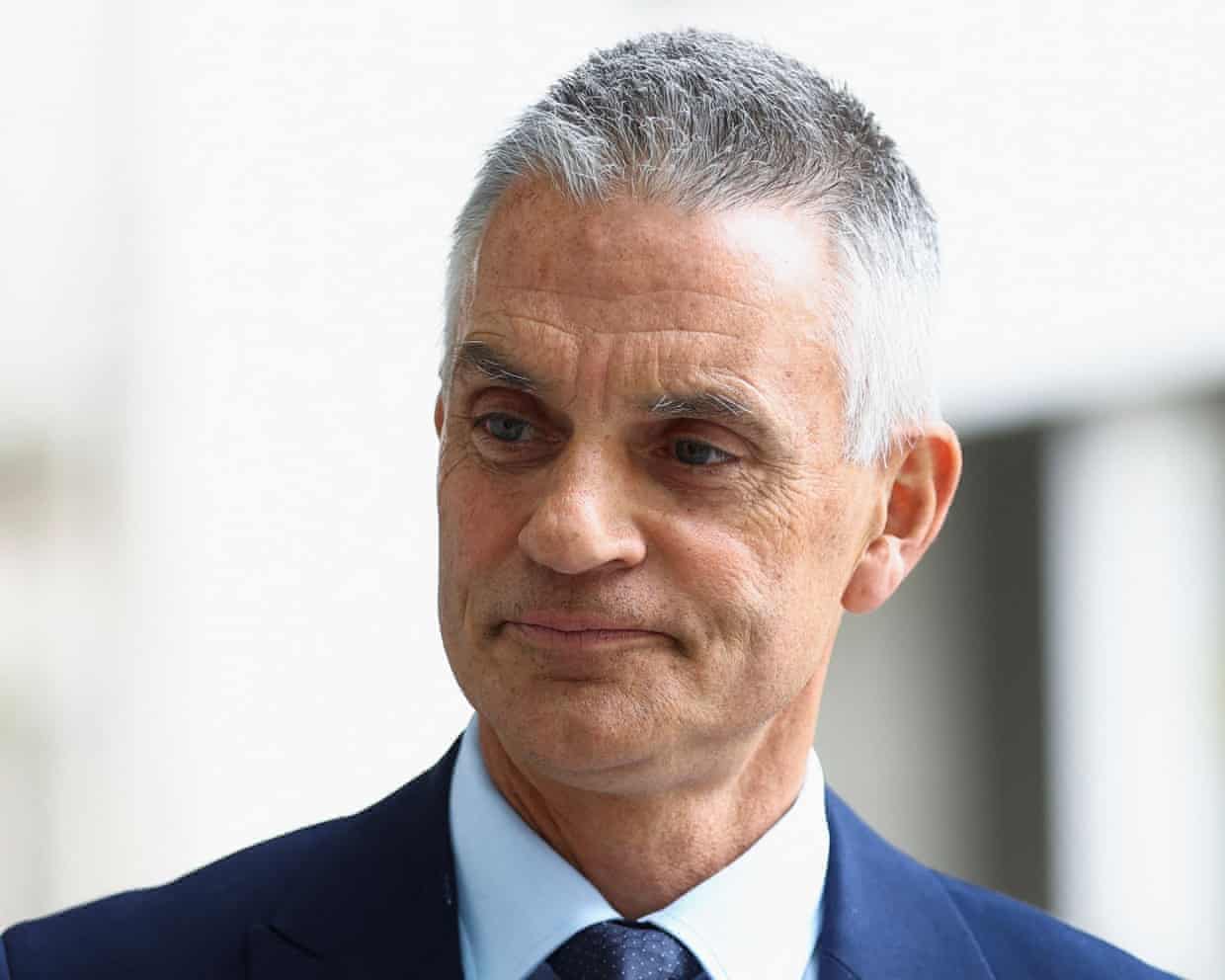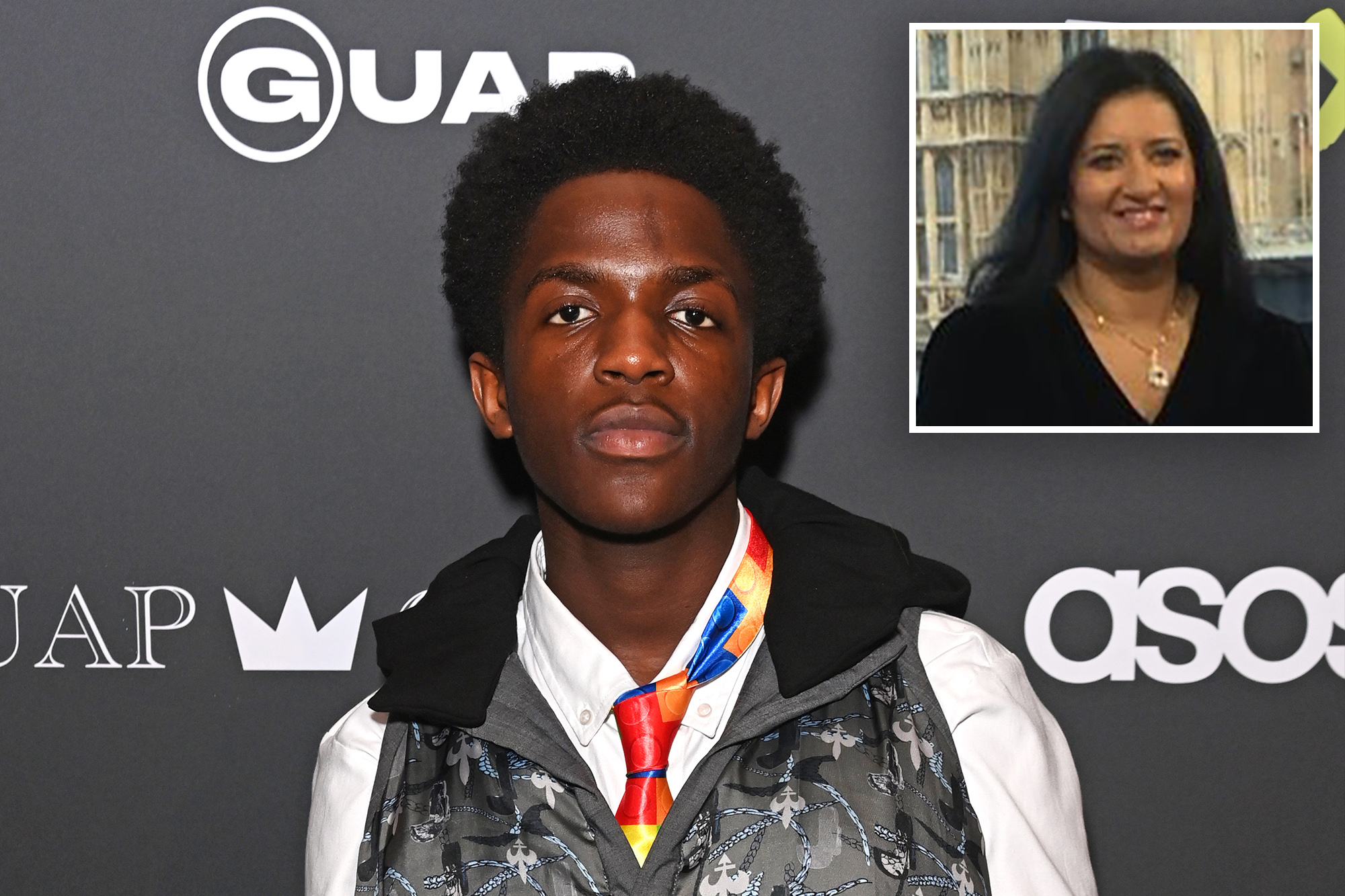Tim Davie, the Director General of the BBC, has announced his resignation, a decision that follows serious allegations of bias within the corporation’s coverage of significant issues, including Donald Trump, Gaza, and trans rights. Alongside Davie, Deborah Turness, the head of BBC News, has also stepped down, marking a significant leadership change within the broadcaster.
The decision comes in the wake of claims made by Michael Prescott, a former independent advisor to the BBC’s Editorial Guidelines and Standards Committee (EGSC), who asserted that the corporation exhibited “serious and systemic” bias in its reporting. Prescott, who left his advisory role in the summer, has prompted the Commons Culture, Media and Sport Select Committee to set a deadline for the BBC to respond to his allegations by Monday.
In a note addressed to BBC staff on Sunday, Davie stated, “This is entirely my decision, and I remain very thankful to the chair and board for their unswerving and unanimous support throughout my entire tenure, including during recent days.” He emphasized that he is coordinating with the board to ensure an orderly transition for his successor.
Davie’s resignation is particularly notable as the BBC is reportedly preparing to issue an apology regarding its editing of a Donald Trump speech. This move has raised questions about the integrity of the broadcaster’s editorial decisions, especially in light of Prescott’s assertions.
The leadership changes at the BBC come at a time when scrutiny of media impartiality is intensifying. Critics argue that public broadcasters have a responsibility to present balanced views, especially on contentious subjects. The allegations of bias could have far-reaching implications for the BBC’s reputation and its funding structure, which relies heavily on the public license fee.
As the BBC navigates this transitional period, the focus will likely shift to how the new leadership addresses these allegations and restores public confidence. The selection of Davie’s successor will be crucial, as they will need to tackle ongoing challenges in maintaining editorial integrity while addressing the evolving landscape of news consumption.
The BBC’s commitment to unbiased reporting is now under increased scrutiny, and the implications of this leadership shift will be closely watched by both media analysts and the general public. The broadcaster’s response to Prescott’s claims and its future direction will likely shape its role in the media landscape for years to come.







